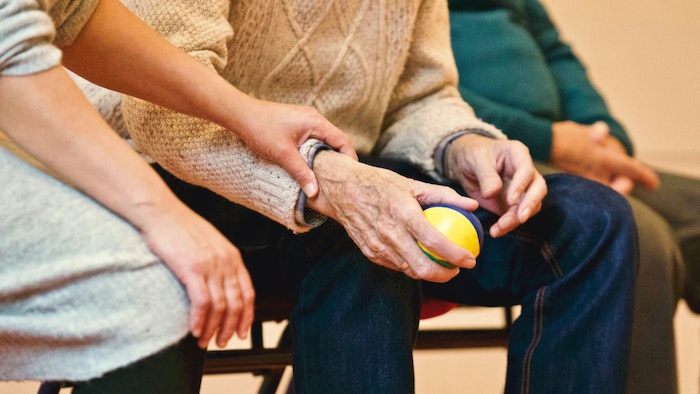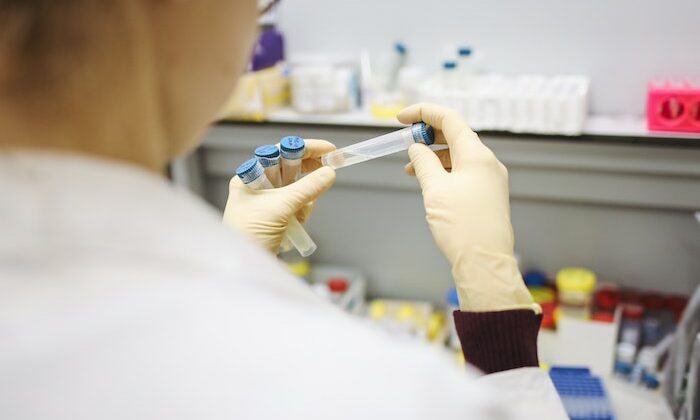The government has faced severe criticism after it was revealed that only 2,000 out of some half a million front line NHS workers in England have been tested for Covid-19.
The criticism comes amid the news that the overall number of deaths from the virus in the UK stands at 2,352.
Prime Minister Boris Johnson, who is self-isolating in Downing Street after contracting the virus, has faced widespread criticism over his government’s testing strategy – with around 13,000 tests available each day, against a target of 25,000.
In addition, cabinet minister Michael Gove has come under fire for his claims that the availability of certain chemicals needed for Covid-19 testing was a “critical constraint” on progress being made for widescale UK testing.
However, ITV’s political journalist, Robert Peston said that he had talked to the Chemical Industries Association, which represents the UK’s very substantial chemicals industry who said “there is no shortage of the relevant reagents” and that they are “stumped” at Gove’s statement.
Peston said: “The Chemical Industries Association also points out there was an industry chat with a business minister, who made no attempt to find out if there was a supply problem for the vital ingredients of Covid-19 testing kits. So, this question of why there aren’t enough tests for the virus is an even bigger mystery. Also, if it turns out there is a shortage these manufacturers are more than happy to increase their production. But they need to be asked, which has not happened.”
Peston’s comments come after Johnson promised to increase testing to 250,000 a day, but according to the Financial Times, officials say it won’t reach 25,000 until the middle of this month. Currently only 6,500 tests a day are available in the UK.
The availability of testing has differed from country to country. South Korea reported its first Covid-19 case on 19 January, the same day as the US also reported its first case. According to Reuters, South Korea had already tested well over 290,000 people and had already identified more than 8,000 infections by mid-March. Meanwhile, the US is “not even close to meeting demand for testing”, Reuters said.
According to James Lawler, an infectious disease expert at the University of Nebraska Medical Center, as many as 96 million US citizens could be infected in coming months, and 480,000 could die from Covid-19.
In the UK, the government has decided not to join the EU in a scheme to prevent vital medical equipment leaving the bloc’s single market and creating an accelerated procurement process to help member states secure ventilators and testing kits. The government initially said it did not join these efforts because the UK was no longer an EU member state and is working with its own manufacturers from the private sector and international market to build ventilators.
The government has already ordered 10,000 ventilators from UK technology company Dyson in response to the coronavirus crisis.
In addition, many key workers, including NHS staff, have told Unison that they still have little or no personal protective equipment (PPE) at all. In response to this, Dave Prentis, general secretary at the union has written to Johnson demanding action to ensure all hospitals, care homes, police forces and council services have the sanitiser, gowns, masks and gloves needed to keep staff safe.
In the open letter to Johnson, Prentis said: “Public service workers are particularly affected as they seek to keep the country running, ensure our loved ones are cared for and our communities are clean and safe.”
He added: “As you have repeatedly said, the value of public service workers has never been clearer. Unison is demanding you provide them with protection, as they seek to protect us all. Many promises have been made by your government, but promises don’t protect people. Every public service worker without adequate PPE is a potential spreader of this deadly virus, or even a





